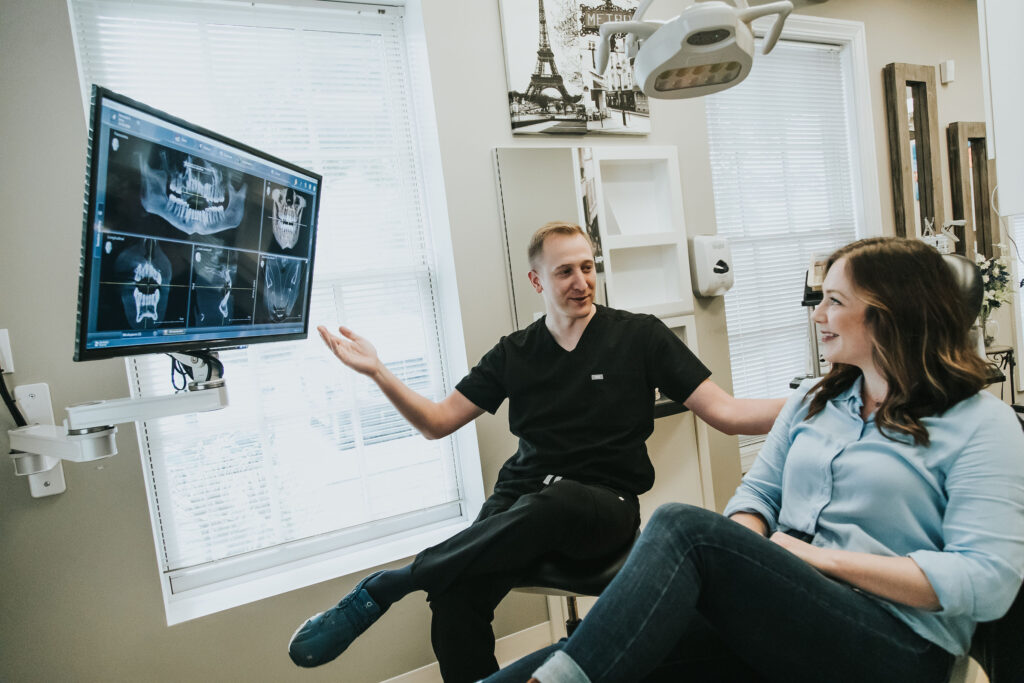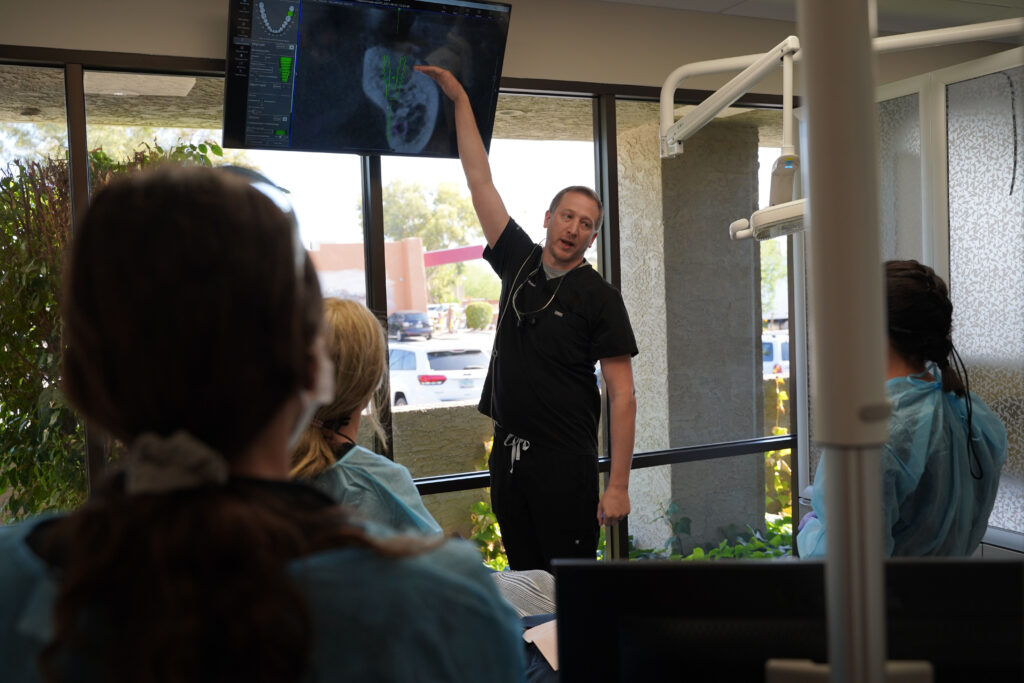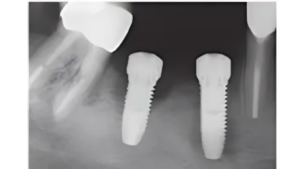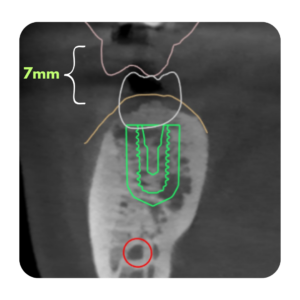As a beginning dental implant surgeon, it is essential to have a well-planned and organized approach to every dental implant procedure you perform. Proper preparation is crucial for the success of the surgery and for ensuring the safety and comfort of your patients. In this article, we will discuss the key steps that you should follow to prepare for a successful dental implant procedure.

Step 1: Review the Patient's Medical and Dental History
Before starting the procedure, it is important to review the patient’s medical and dental history to determine if they are a suitable candidate for dental implant surgery. You should be aware of any pre-existing medical conditions that may affect the healing process, such as diabetes, cardiovascular disease, or autoimmune disorders. You should also review the patient’s dental history to determine if they have any dental issues that may need to be addressed before or during the surgery, such as periodontal disease or tooth decay.
Step 2: Conduct a Comprehensive Examination
It is essential to conduct a comprehensive examination of the patient’s oral cavity before starting the procedure. This examination should include a thorough evaluation of the teeth, gums, jaws, and other oral structures. You should also take x-rays and digital images to help you plan the surgery and determine the ideal location for the dental implant. The examination should also include a thorough assessment of the patient’s oral hygiene and a discussion of their expectations and concerns about the procedure.
Step 3: Explain the Procedure to the Patient
Before starting the procedure, it is important to educate the patient about what to expect during the surgery and postoperatively. You should explain the steps involved in the procedure, the expected duration of the surgery, and the potential risks and complications. You should also provide the patient with detailed information about the type of biologics that will be used during the procedure, how long it will take for the patient to recover, and any postoperative instructions they should follow.

Step 4: Obtain Informed Consent
Obtaining informed consent from the patient is an essential step in preparing for a successful dental implant procedure. This involves discussing the risks, benefits, and alternatives to the procedure with the patient and having them sign a consent form indicating that they understand and agree to the procedure.

Step 5: Plan the Surgery
Once you have reviewed the patient’s medical and dental history, conducted a comprehensive examination, and obtained informed consent, it is time to plan the surgery. This involves determining the ideal location for the dental implant, the size and type of implant that will be used, and the surgical steps that will be performed. You should also know what, if any, hard or soft tissue grafting may be necessary. Patients (and staff!) do not like surprises and it is easier to tell a patient you did NOT need to do the additional grafting rather than a surprise extra cost.
Step 6: Assemble the Equipment and Supplies
Before starting the procedure, you should ensure that you have all of the necessary equipment and supplies on hand. This includes dental implants, surgical instruments, suture materials, and any other supplies you may need to complete the procedure. Run through the surgery and the ideal timeline of events with your surgical assistant. Make sure everything is ready to go so there is no fumbling awkwardness (patients can sense that!) or wasted time during the appointment.

Step 7: Review the Surgical Plan with the Patient
Before starting the procedure, you should review the surgical plan with the patient to ensure that they understand what will happen during the surgery. This is also an opportunity for the patient to ask any questions they may have about the procedure or their postoperative care. Now… go do it!
In conclusion, proper preparation is crucial for the success of dental implant surgery. By following the steps outlined in this article, you can ensure that you are well-prepared for every procedure you perform, the patients are confident in you and your office, and you set yourself up for less stress and more success!




Responses
That TV is so high! Only docs above 6′ allowed. Haha. I almost want to photoshop you out of it and have you dunking @vorholtdds